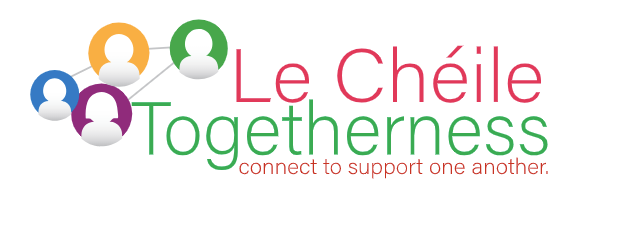Self care is something that is surrounded by misconceptions, but it is vital to our mental health and wellbeing.
What is self-care? Self-care is the actions we undertake to look after ourselves physically, emotionally and mentally. It’s not all pampering and bubble baths!
It centres around the acts of care for ourselves that we all need to do – sleeping enough, eating well, doing things like taking medication if we’ve been prescribed it. This is what we might call ‘boring self-care’ – it’s not great fun, but it needs to be done, and it has the benefit of helping to keep is healthy and well. Then there is the other kind of self-care, the acts that make us feel good and happy – things that cheers us up, comfort us, calm us.
The thing about self-care, is that there is no one-size-fits-all approach, because everyone is different. Our own self-care plans and acts work best when they align with what we need and want.
Not carrying out acts of self-care can sometimes be a signal that something is askew – maybe with our mental health, or with our life – maybe we have too much going on, and the acts of self-care are falling down the priority list. This can happen almost without us noticing, but if our self-care slips, we stop minding ourselves, and we become more vulnerable to both mental health difficulties, and physical illness. That’s what it can be helpful to have a reference list to check in against, and to give you ideas of what you can do to get your self-care back on track if it is slipping. We have put together a list you can check out here.
Self-Care versus Self-Love and Pampering: Myths and Misconceptions
As we mentioned, self-care has a lot of misconception around it, such as that it’s all bubble baths and getting your nails done. This has led to a view of self-care being more like a day at the spa, and as a result, there can be a view that it’s really just for girls. This is not the case – as we outlined above, many acts of self care involve very everyday, sometimes boring things, like getting your assignment handed in when it’s done, keeping yourself clean and tidy, going to the dentist, etc. Self-care is important for everyone, of every gender and every age.
Of course, pampering can be a part of self-care, but its important to realise that some self-care acts might require privilege – the privilege of time, of money, of access. However, it is completely possible to engage in self-care no matter what your situation is. Even just checking in with how you’re feeling counts as an act of self care. Some self-care acts are big and can take lots of time and effort, but some are small and can be done internally, in just a single moment. What’s important is that we each do the best that we can to make self-care part of our day and our routine.
Self-love can be a part of self-care, but it’s a little bit different. Self-love involves acceptance and embracing yourself for who you are. This can be hard for some people for many different reasons, and that’s ok. You can still engage in self-care even if self-love feels a little out of reach right now. Getting out of bed, brushing our teeth and having a shower counts as three acts of self-care!
Emergency Self-Care
Sometimes we might find ourselves in a mental health emergency. That’s ok, it happens sometimes. We might be really stressed, or we might be struggling with a mental illness. When this happens, our distress levels might mean that we can’t think of what acts we need to take to mind ourselves. Or perhaps we need someone else to help us, but in that moment we can’t verbalise that. That’s ok too. It can help to be prepared for this in advance – to think about who it would help to call, what it might help to do, and maybe to write them down. We at USI have developed an emergency care plan that you can use for this. It’s double the size of a credit card, but folds in half to fit in the card section of your wallet or purse. On the inside of the fold, so nobody can see it unless you show them, is a space for you to write your emergency plan. On the outside is the contact information of places that can provide support. If you find yourself in a mental health emergency, you can use this card, or hand it to someone who is helping you, and it can help to get you the help you need in that moment.
Note to Students’ Unions: If you would like a supply of these cards, please contact mentalhealth@usi.ie


Recent Comments